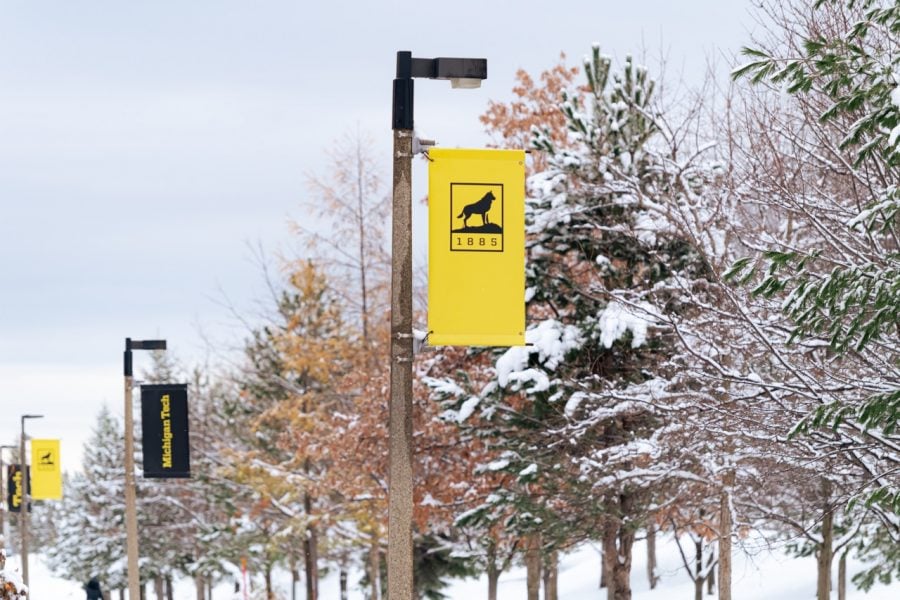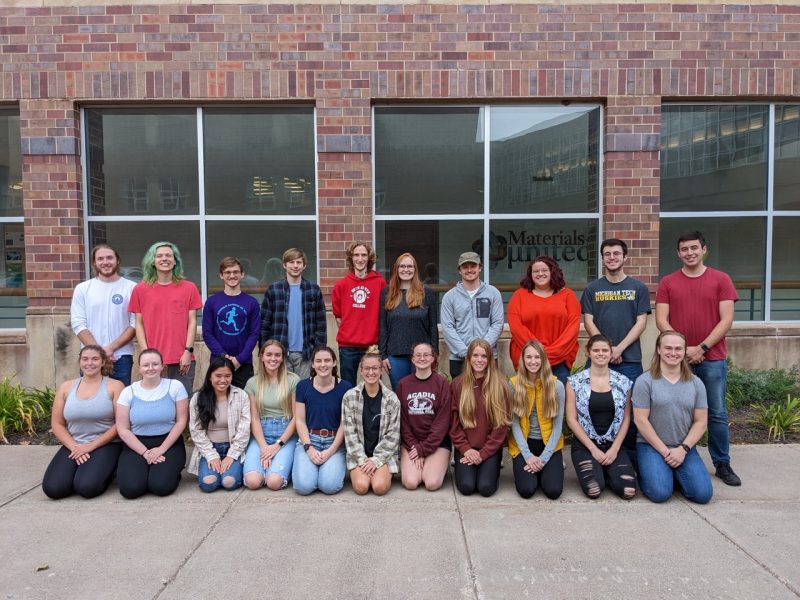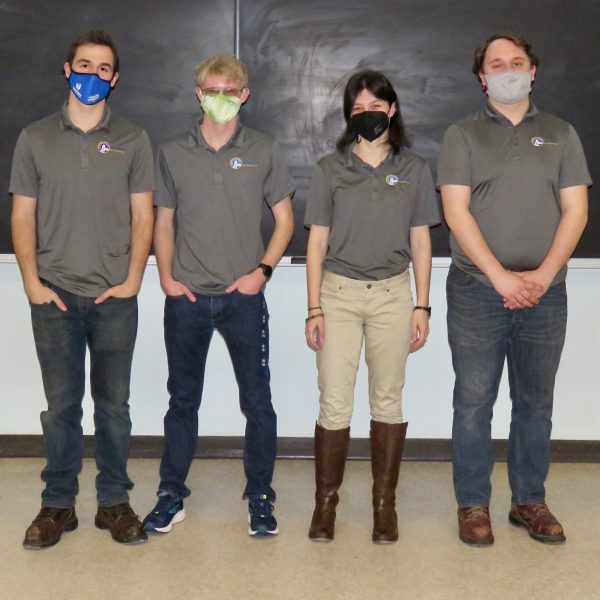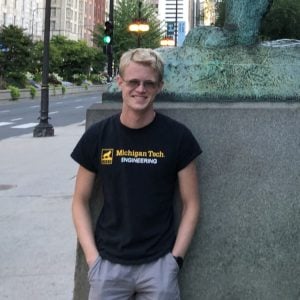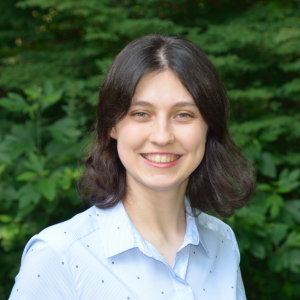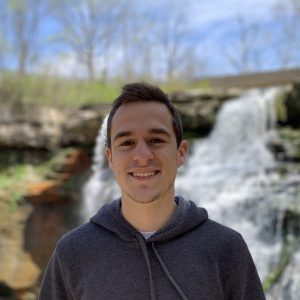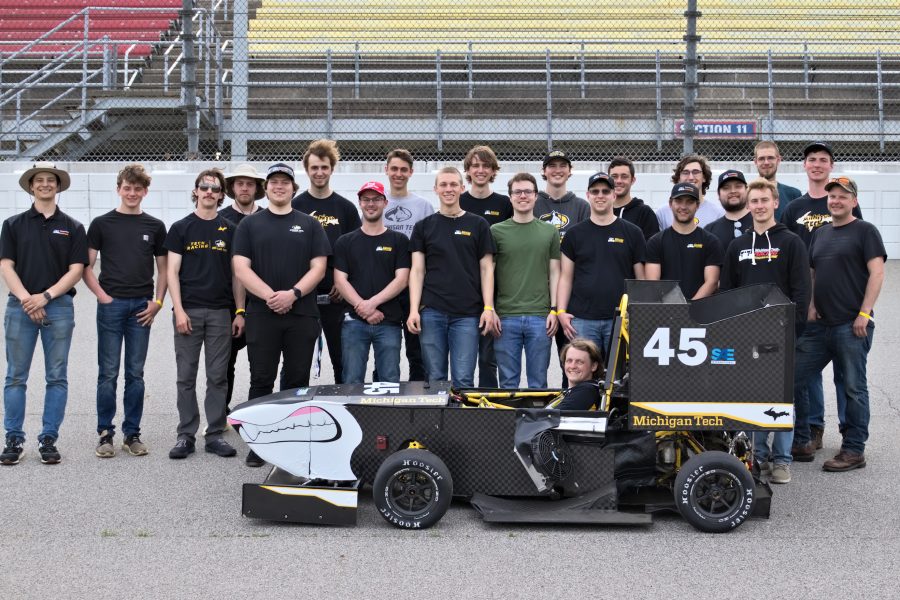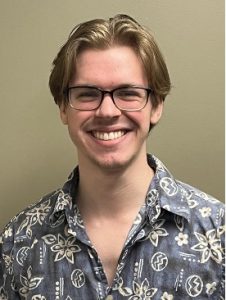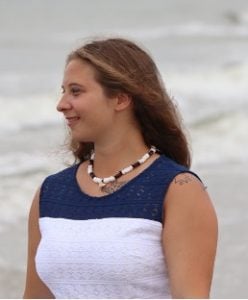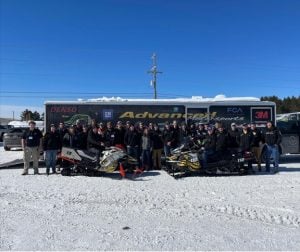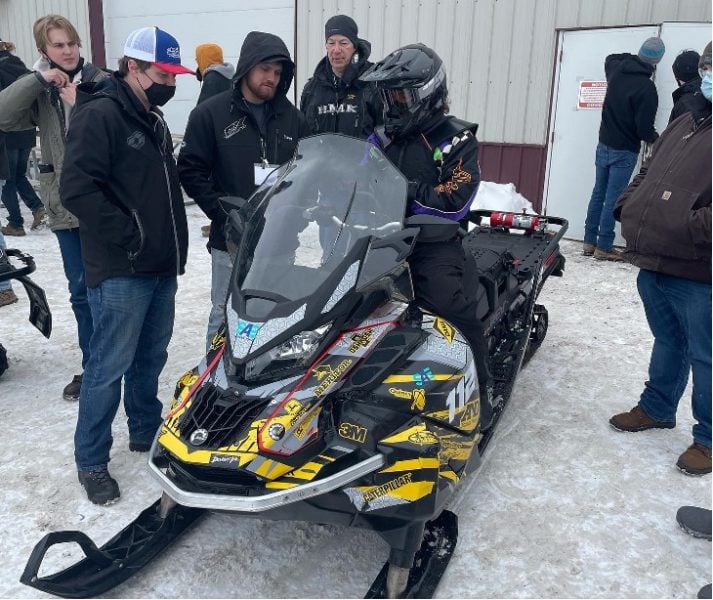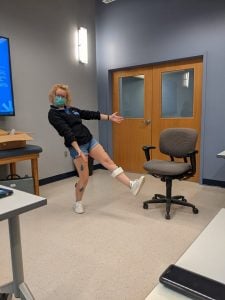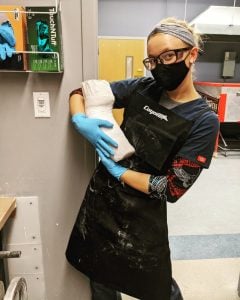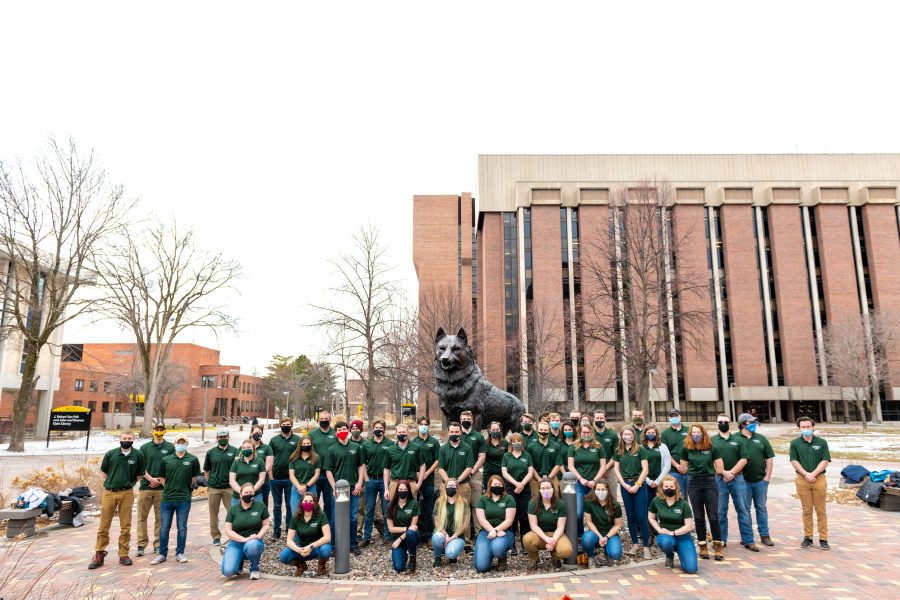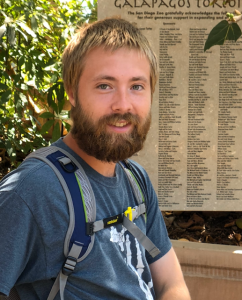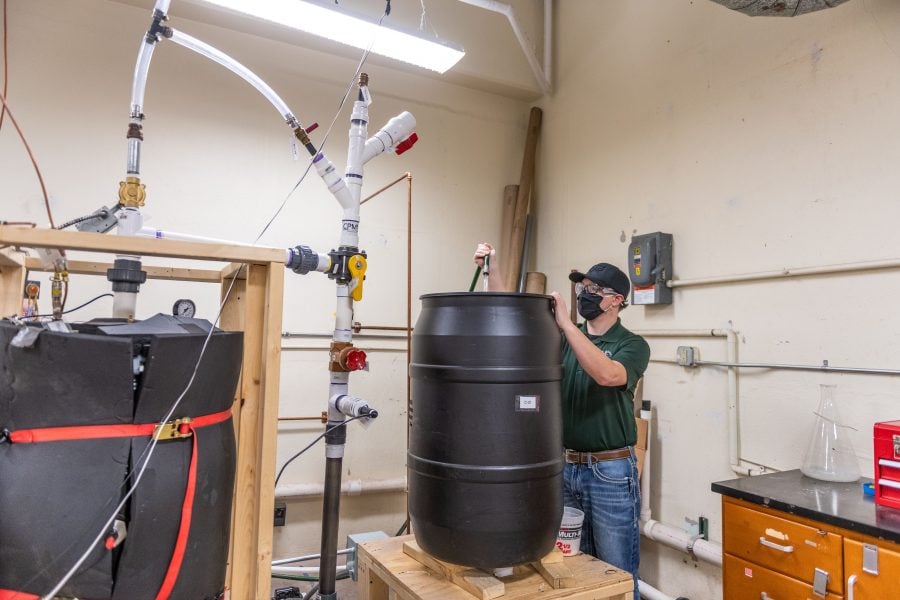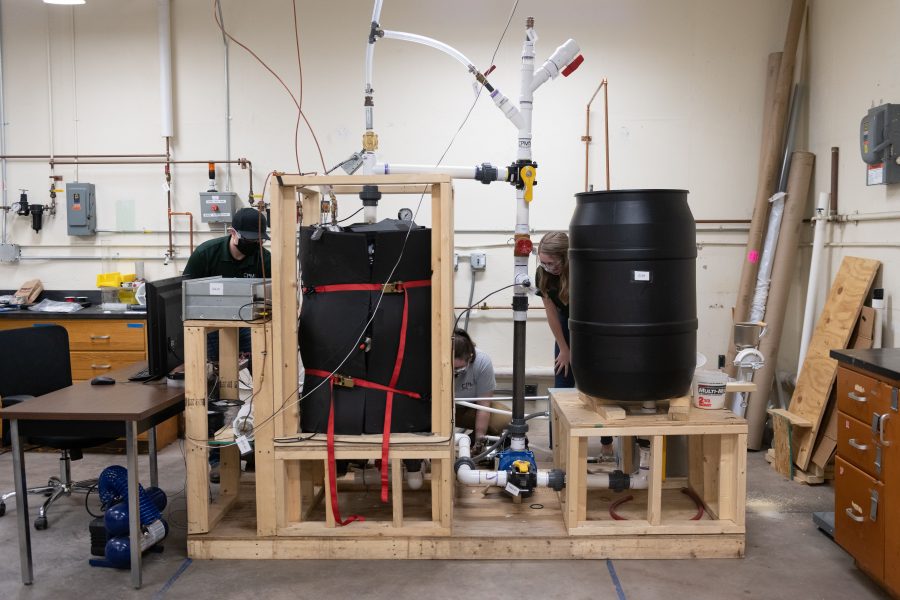By Nagesh Hatti, Director, Enterprise Program
Welcome to the Fall 2022 issue of the Enterprise Program Newsletter. As the season changes from Fall to Winter in Houghton, it is also a season of change here at the Enterprise program. After spending 16 years as Director of the Enterprise Program, Rick Berkey, who oversaw the growth of the Enterprise into a renowned program, decided to pursue other opportunities outside the University. We at the Enterprise program thank him for his leadership, dedication, and service and wish him well in his future endeavors.
Starting this Fall, I have taken over as the Director of the Enterprise program. Before taking over as the Director, I was a faculty member in our Electrical and Computer Engineering department for three years. So the Enterprise program is not new to me. As an Enterprise faculty advisor, I have seen our students grow and succeed. The program immerses the students in an experience as unique as Michigan Tech. I have spent over 18 years in the industry, first as a software engineer and then in various supply chain and program management corporate roles. I see the Enterprise program’s role in preparing our students for a challenging and fulfilling career. I am committed to strengthening the Enterprise program and enhancing experiential learning for our students. As we leave behind the tumultuous times of the last two years brought on by the COVID-19 pandemic, I am excited to meet with students and share their enthusiasm and passion for work.
The winds of change do not stop here. We have a new associate director for industry engagement – Dr. Len Switzer. Len joins the Enterprise team with a wealth of knowledge and industry background. He has over 20 years of experience working in the industry with a wide range of roles, from research engineer in industrial systems to business development and management of large programs. Len is a Michigan Tech alumnus (’96) with a BS in Chemical Engineering. He obtained his Ph.D. in Chemical Engineering from the University of Wisconsin – Madison. We are excited to have Len join the Enterprise program. His corporate experience and technical background will strengthen industry partnerships and benefit our students.
I also extend a thank you on behalf of everyone at Enterprise to all those who have supported the program. Your support is essential. I look forward to your continued involvement in the program.
Finally, if you have a project idea or want to get more involved with Enterprise, please reach out to discuss your ideas and interests. Also, please contact me if you are in the Houghton area and wish to visit.
Until then, Happy Holidays!
Nagesh Hatti
